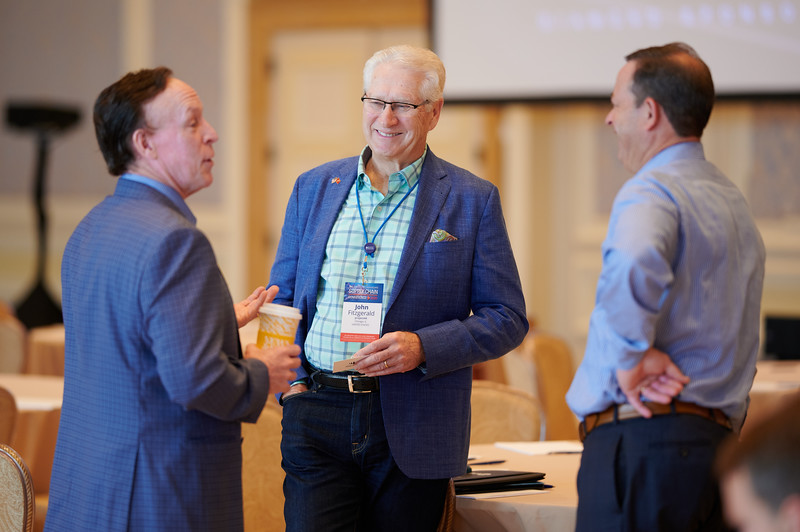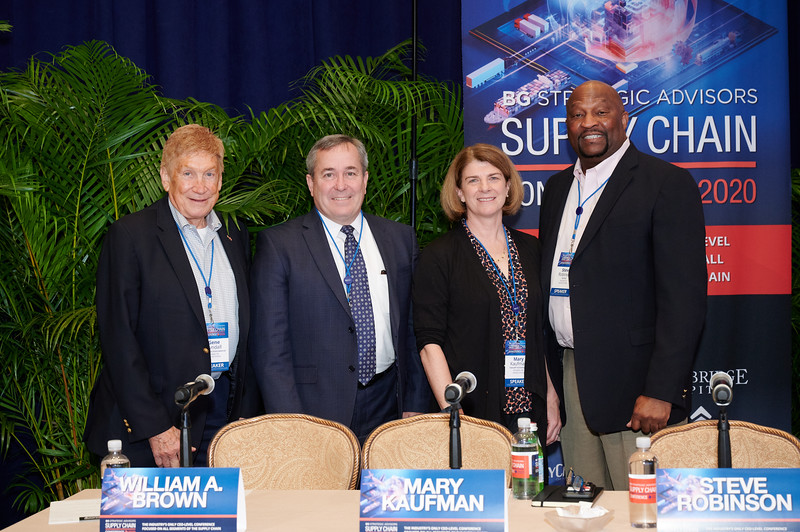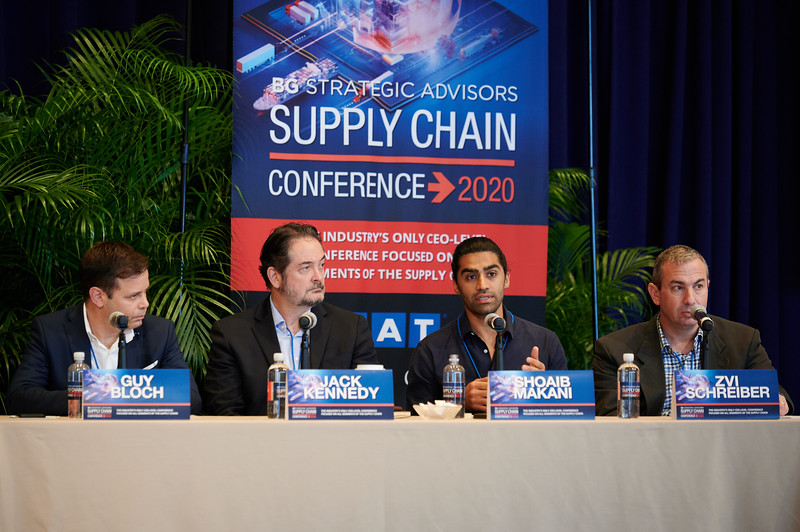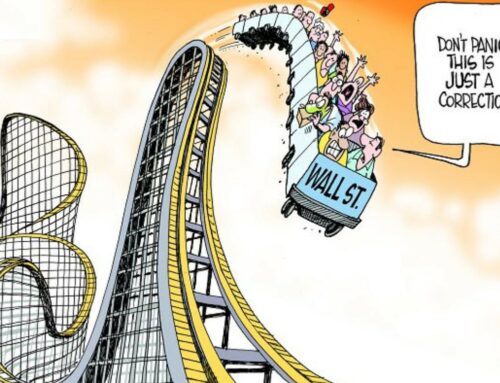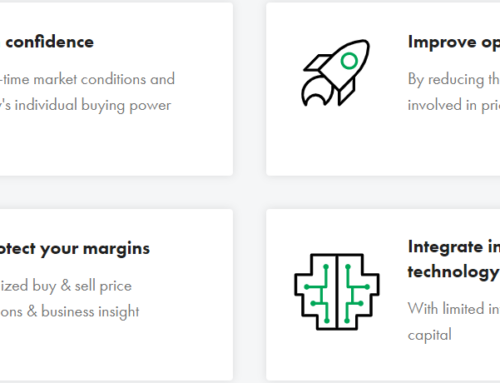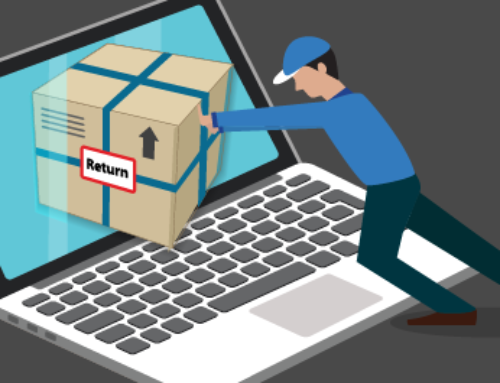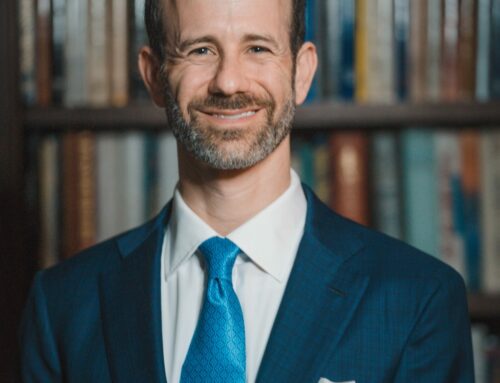Specter of Amazon Looms over logistics business
View Full Article Here – Palm Beach Daily News
By John Nelander
Special to the Daily News
The rapid growth of Amazon’s delivery business model was a hot topic among concerned logistics and transportation executives at the BG Strategic Advisors Supply Chain Conference this week at The Breakers.
The issue is how to deal with Amazon’s spiraling growth in the logistics business – the term used to describe the online purchasing process, including “last mile” delivery to the consumer.
Amazon took another big step forward with development of their own network of delivery vehicles in June 2018 through a program called Delivery Service Partners. By December 2019, the company was employing more than 90,000 “logistics associates” and were on track to deliver 3.5 billion packages worldwide by the end of the year, according to company reports.
Amazon’s dark gray “Prime” vans are now ubiquitous in South Florida, and other markets across the country.
Companies that had counted on Amazon accounts -including big names such as UPS, FedEx and the U.S. Postal Service – are worried about taking a hit.
“Amazon’s move into logistics has created massive ripple effects,” says Ben Gordon, founder and managing director of BGSA Holdings in Palm Beach and organizer of the BGSA Supply Chain Conference, which is in its 14th year. The annual event is billed as a gathering of the world’s leading CEOs in transportation and logistics.
Gene Tyndall, chief strategy officer for Tompkins, a fulfillment services company in Raleigh, N.C., and a conference attendee, says Amazon not only cuts into business volume for the smaller players but often lures away their employees.
Smaller e-retailers also lose valuable data when customers buy from Amazon rather than from the company’s own website, because a direct purchase leaves names and purchase information with the retailer, while in a purchase through Amazon that information stays with Amazon. In addition, other logistics companies that might have delivered for the retailer lose out.
“All these ripples add up to a lot to business people,” Tyndall said in an interview. “They’re a lot more worried about it than they were before.” Major companies are looking over their shoulders as well.
Gordon, who is also a managing partner of Cambridge Capital in West Palm Beach, said FedEx stock took a13 percent hit recently after an Amazon contract was dropped. He quoted FedEx Chief Executive Officer Fred Smith as saying: “We basically compete in an ecosphere that’s got five entities in it. There’s UPS, there’s DHL, there’s the U.S. Postal Service, and now, increasingly, there’s Amazon.”
Amazon has about 38 percent of e-commerce business, according to Bloomberg. Tyndall thinks that if they hit 51 percent Amazon could start attracting government attention for antitrust issues. In fact, Bloomberg reported in September that Federal Trade Commission investigators had begun interviewing small businesses that sell products on Amazon to find out whether Amazon was using “its market power” to hurt competitors.
The company didn’t respond to a request for a comment on the FTC probe, but spokespersons did vigorously defend their Delivery Service Partners program. Amazon is helping entrepreneurs develop their own business in which they earn up to $300,000 while hiring “tens of thousands of delivery drivers across the U.S.,” according to the spokespersons and company news releases.
The company “provides technology and operational support to individuals with little or no logistics experience” and offers them the opportunity to run their own delivery businesses, Amazon says. Hie startups need as little as $10,000 to launch.
Tyndall says Amazon has done “a great job” getting products to consumers, and one reason is that the company can afford to put warehouses – called fulfillment centers -in 110 strategic locations around the country.
“The closer they are to you, the less they pay to deliver it to you,” he said. “Nobody has the capital to put 110 facilities up around the country. Most of the logistics companies have five, six or seven here and there.”
He advises small vendors to sell their products “everywhere,” including on Amazon, but look for cheaper delivery methods. “You can’t do same day, but most people don’t need same day,” he said.
Guy Bloch, CEO at Bringg, a Chicago- and Israel-based company that calls itself “a delivery orchestration platform,” is urging smaller logistics companies to work together in a coalition in order to compete with Amazon. He also envisions networks of “flexible warehousing” similar to an Airbnb model to keep goods closer to consumers.
“Amazon is a powerhouse in logistics-no-one even comes close,” Bloch, who was also a conference attendee, said in an interview. “No single player can stand up to Amazon, it’s impossible. However, if the entire market comes together – very similar to what Android did to iPhone – the combined power of the market can create an alternative to Amazon. We’re building it.”
While businesses are wary about the future of e-commerce, they admire Amazon’s approach and record of success.
“It’s pretty impressive what they’ve done and as a logistic expert, I think they’ve done a great job,” said Tyndall. “We all wish we had that much capital to match it.”





